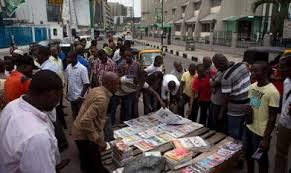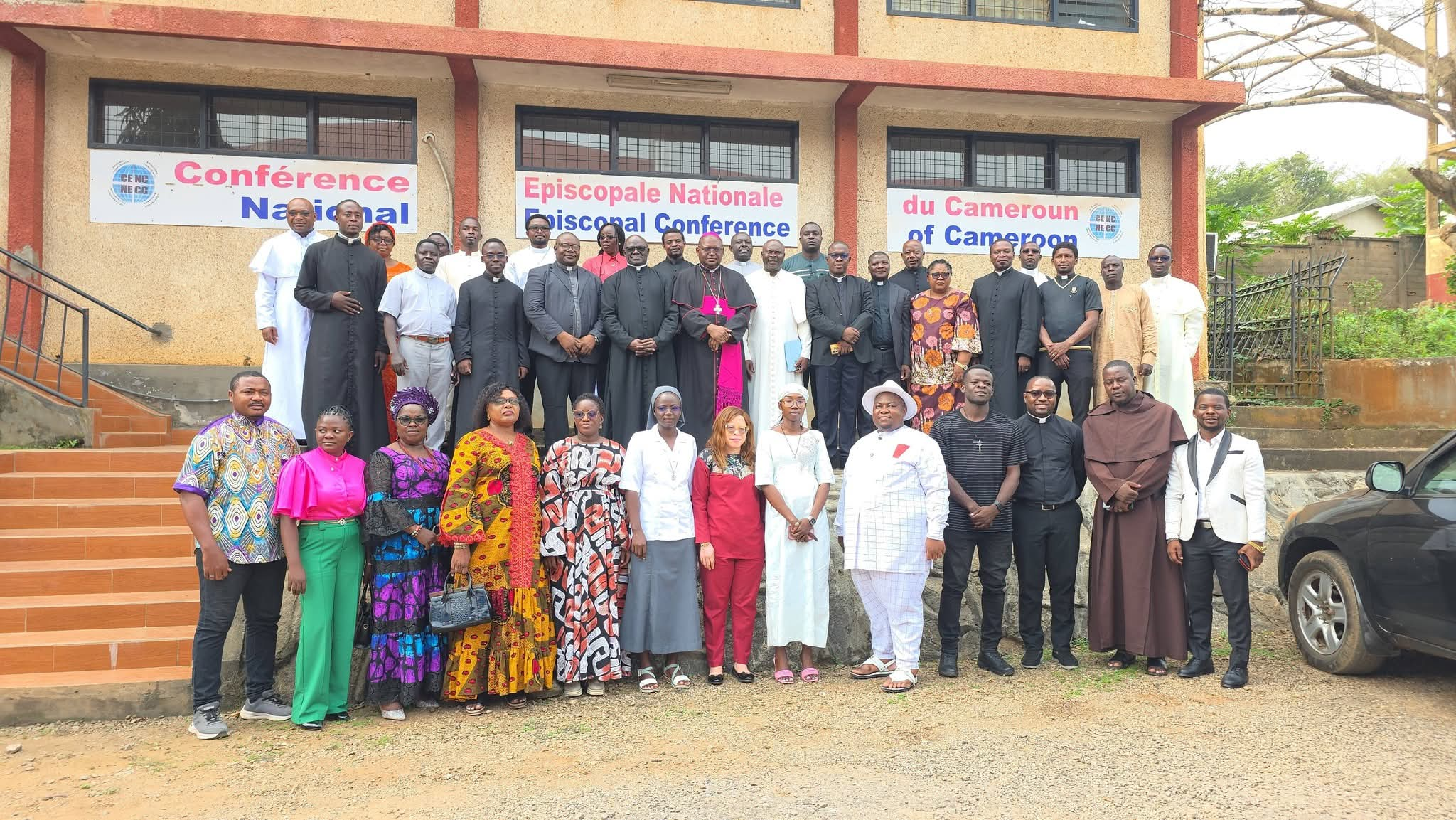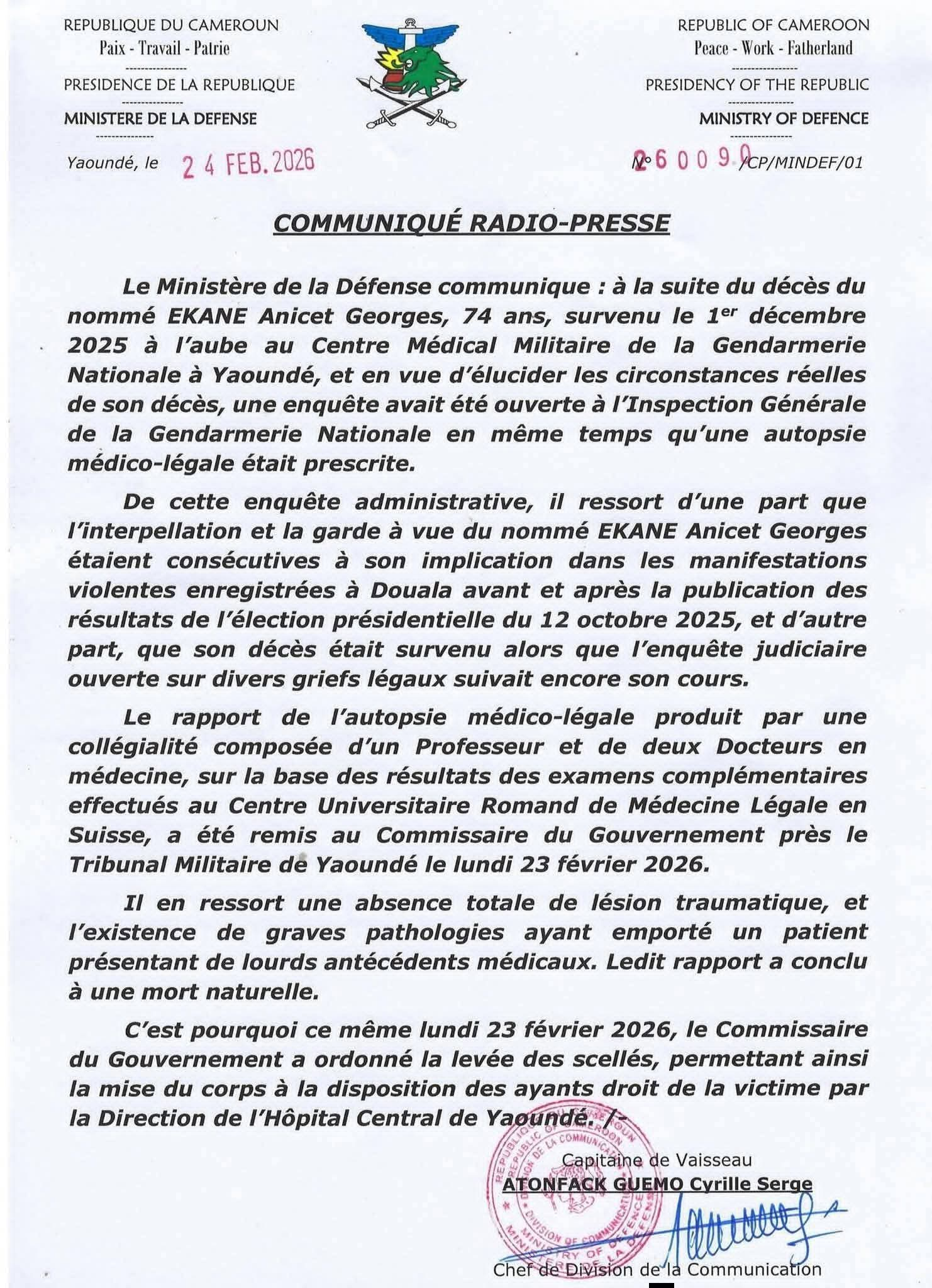The report that the Deputy Secretary-General of the United Nations (UN) and Chair of the UN Sustainable Group, Ms Amina J. Mohammed, has warned that Nigeria cannot afford to fail with the 2023 general elections is one of the trending stories in Nigerian newspapers on Tuesday.The Guardian reports that as Nigerians countdown to the presidential polls, which will hold in the next 25 days, the Deputy Secretary-General of the United Nations (UN) and Chair of the UN Sustainable Group, Ms Amina J. Mohammed, has warned that Nigeria cannot afford to fail with the 2023 general elections.
She also urged the Nigerian Bar Association (NBA) to ensure success of the polls.
Mohammed stated this, yesterday, in her keynote address delivered at the State of the Nation Dialogue on Security, Economy and Administration of Justice, organised by NBA in Abuja, urging the association to come up with how to effectively manage conflicts that may arise from the conduct of the elections.
The UN Deputy Secretary-General said: “As Africa’s leading economy, with the biggest ports and security anchor for our neighbouring countries, Nigeria cannot simply afford to fail. UN will support any process that will lead to credible, all-inclusive, free and fair general elections. UN is committed to accompanying Nigeria on this journey. And NBA has a huge role to play to advance the country’s aspiration towards 2023 general elections.”
She said the UN has observed fake news, religious and ethnic hate speeches trailing the ongoing campaigns.
Speaking to the audience via a live broadcast, Mohammed applauded the Independent National Electoral Commission (INEC) for achieving great strides in increasing the credibility and transparency of the electoral process.
“The increase in the registration of voters is encouraging and shows Nigerians are enthusiastic of the electoral process,” she said.
However, Mohammed said the UN “continues to witness attack on electoral institutions, fake news, hate speeches based on religious and ethnic identities since the political campaigns began.”
NBA President, Yakubu Maikyau (SAN), in his speech, apologised to Nigerians for what he described as the failure of lawyers to live up to their responsibilities of offering guidance for the country’s advancement.
Maikyau said most of the challenges facing Nigerians were as a result of the neglect of lawyers to provide direction and leadership to the people.
The newspaper says that President Muhammadu Buhari has declared that no single government could solve the problems confronting Nigeria, noting that it will take combined efforts of successive administrations to address the challenges.
Represented by Secretary to Government of the Federation (SGF), Boss Mustapha, the President, who spoke yesterday in Abuja at the State of the Nation Dialogue, with the theme, “Security, Economy and Administration of Justice, organised by the Nigerian Bar Association (NBA), reminded lawyers that they have a responsibility towards a smooth running of the country.
His words: “This is the direction to go. I want to thank you for restoring the hope of Nigerians. I want to believe the Bar would provide the necessary leadership. I hope that in the course of the discussion, we would be able to bring out a playbook that would provide the guided processes for the incoming regime.
“I will say that no one government in this country would be able to solve the problems of Nigeria. But as we build on the precedent set by successive governments, not discarding completely what has been put in place, we would in the course of our desire to build a Nigeria of our dream, be able to pick one or two things on which we can concentrate.
“As a government, the outcome of this dialogue can be transmitted to us so that whatever resolutions are reached will become part of the documents that we will prepare as we transit and hand over to an incoming government.”
NBA President, Yakubu Maikyau (SAN), expressed the need to continuously engage government at all levels to provide Nigerians with sufficient information to guide them in the choice of leaders.
The Punch reports that although Nigeria’s gas flare rate has been decreasing over the years, the country still has a long way to go to attain net zero by 2060. OPEOLUWANI AKINTAYO writes on what gas flaring has cost the country in the last 11 years
Nigeria is currently cash-strapped as it continues to struggle to meet its financial obligations. The country plans to borrow N11 trillion to fund the N21.83 trillion budget for this year. This is over half of the entire 2023 budget. Despite battling a cash crunch, the country has wasted N9tn revenue through gas flaring in the last 10 years.
Between 2012 and 2022, Nigeria flared an estimated 80 billion standard cubic metres of gas worth about N9tn as part of its oil production process.
A breakdown showed that in 2012, about 9.6 billion standard cubic metres worth N460m ($1,100m) of gas was wasted.
In 2013, 9.3 billion standard cubic feet of gas were flared into the environment, 2014, 8.4 billion, 2016, 7.3 billion, 2017, 7.7 billion, 2018, 7.5 billion, 2019, 7.9 billion, 2020, 7.2 billion, and in 2021, 6.6 billion cubic metres of gas was flared, according to World Bank.
Gas flared in 2012 could have earned Nigeria the sum of $1,100m, $1,075m in 2013, $970, 000 in 2014, $980,000 in 2015, $810,000 in 2016, $880,000 in 2017, $860,000 in 2018, $890,000 in 2019, $825,000 in 2020, and about $761,000 in 2021, according to World Bank.
Data from the National Oil Spill Detection and Response Agency showed that from January to November 2022, Nigeria flared an estimated 5.6 billion standard cubic metres of gas valued at $685m.
Meanwhile, an analysis of the data showed that the country has successfully cut the volume of gas it flared in last three years.
Nigeria has a lot of natural gas reserves yet to be fully harnessed and utilised.
The newspaper says that Nigeria’s economy is set to grow from 3.0 per cent in 2022 to 3.2 per cent in 2023 due to measures made to address insecurity in the oil sector, according to the International Monetary Fund.
The IMF disclosed this in its World Economic Outlook Update (January 2023) report. It stated that growth across sub-Saharan Africa will moderate at 3.8 per cent in 2023 amid prolonged fallout from the COVID-19 pandemic.
South Africa’s economy will fall from 2.6 per cent in 2022 to 1.2 per cent in 2023.
It said, “In sub-Saharan Africa, growth is projected to remain moderate at 3.8 per cent in 2023 amid prolonged fallout from the COVID-19 pandemic, although with a modest upward revision since October, before picking up to 4.1 percent in 2024.
“The small upward revision for 2023 (0.1 percentage point) reflects Nigeria’s rising growth in 2023 due to measures to address insecurity issues in the oil sector. In South Africa, by contrast, after a COVID-19 reopening rebound in 2022, projected growth more than halves in 2023, to 1.2 percent, reflecting weaker external demand, power shortages, and structural constraints.”
The Washington-based lender explained that growth in the global economy will slow down in 2023 before bouncing back in 2024. This is as the global fight against inflation and Russia’s war in Ukraine weigh on activity.
Growth is forecasted to slow from 3.4 per cent in 2022 to 2.9 per cent in 2023, then rebound to 3.1 per cent in 2024.
According to the money lender, its January forecast is a lot less gloomy than its October forecast and could hint at a turning point, with growth bottoming out and inflation declining.
It said, “Economic growth proved surprisingly resilient in the third quarter of last year, with strong labour markets, robust household consumption and business investment, and better-than-expected adaptation to the energy crisis in Europe.
“Inflation, too, showed improvement, with overall measures now decreasing in most countries—even if core inflation, which excludes more volatile energy and food prices, has yet to peak in many countries.”




